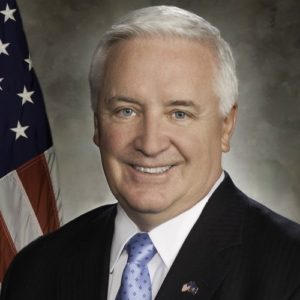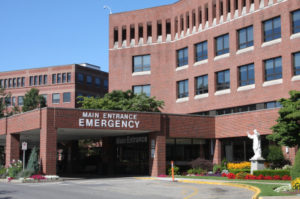PA Health Law Project Publishes March Newsletter
The Pennsylvania Health Law Project has published the March 2013 edition of Health Law PA News, its monthly newsletter.Features this month include articles about the governor’s proposed FY 2014, prospects for Medicaid expansion, coming Affordable Care Act changes, the final expansion of HealthChoices, and more.
Find a link to the complete newsletter here , on the web site of the Pennsylvania Health Law Project.
, on the web site of the Pennsylvania Health Law Project.







